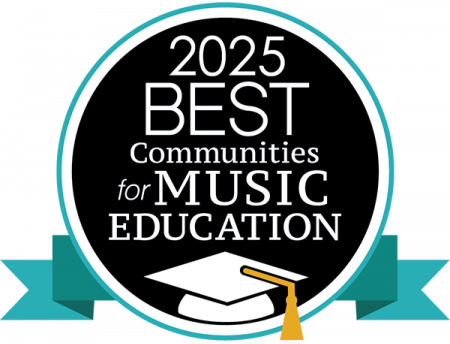Internet Safety
Guiding Principles
Internet safety training is essential in supporting the safety of students. YCSD teachers incorporate digital wellness and online safety skills into the curriculum to help students navigate technology in healthy and productive ways.
Online safety principles include the following:
- Students must protect their personal information online.
- Students should avoid clicking on suspicious links or downloading files from untrusted sources.
- Students should treat each other with respect in online interactions.
- Students must obey copyright laws and respect intellectual property rights.
- Students should curate reliable sources and fact-check claims to promote accurate knowledge.
- Students should report illegal or unsafe content to the appropriate authorities.
Key Definitions
- Digital Citizenship: the responsible, ethical, and safe use of technology and the internet. It involves navigating the digital world with respect, integrity, and empathy towards others. At its core, digital citizenship emphasizes the importance of being mindful of one’s online presence and interactions.
- Digital Learning: to empower students as learners by improving their functional literacy as digital citizens capable of constructing knowledge, designing innovative works, thinking computationally, creatively communicating, and collaborating with others locally, regionally, and globally.
- Digital Wellness: a holistic approach to managing technology to ensure a healthy and fulfilling life. It involves being mindful of how technology impacts our physical and mental well-being and includes healthy screen time limits that support emotional, physical, social, and cognitive development.
- Internet Safety: the practice of following actionable guidelines, understanding modern technology, and protecting digital devices so users can defend against the malicious parts of the online world.
- Media Literacy: the ability to access, curate, use, analyze, evaluate, create, and act using all forms of communication.
- Social Media: websites and other online means of communication that are used by large groups of people to share information and to develop social and professional contacts.
Internet Safety Protections
- YCSD deploys internet filters to block inappropriate content, prevent inappropriate network usage, and prevent unauthorized disclosure of personally identifiable information in accordance with the Children’s Internet Protection Act (CIPA).
- YCSD staff educate students on appropriate online behaviors and the internet acceptable use policy (AUP).
- YCSD monitors network access and limits student access to social media on the school division network.
For more information about internet safety in Virginia public schools, visit the educational technology planning page of the Virginia Department of Education website.
Internet Safety Training for Students
As required by Virginia state code, YCSD provides internet safety training for students within the academic program as a component of the internet acceptable use policy (AUP).
K-12 Internet Safety Training
Students in grades kindergarten through twelfth grade receive age-appropriate training on the components of the AUP and media literacy skills. In addition, the VDOE Digital Learning Integration Standards are incorporated into the locally designed curriculum. The content strands within the digital learning integration standards encompass the following student roles:
- Empowered Learner
- Digital Citizen
- Knowledge Constructor
- Innovative Designer
- Computational Thinker
- Creative Communicator
- Global Collaborator
Elementary Internet Safety Training
In addition to the acceptable use policy (AUP) and the digital learning integration standards, internet safety training for elementary school students includes topics such as:
- Developing a positive digital identity / digital footprint
- Protecting data privacy and engaging in safe online behaviors
- Understanding rules for using devices in school
- Increasing password security
- Recognizing and responding to online meanness and cyberbullying
- Promoting digital leadership
Secondary Internet Safety Training
In addition to the acceptable use policy (AUP) and the digital learning integration standards, internet safety training for middle school and high school students includes topics such as:
- Promoting safe and positive interactions online, including social media
- Understanding the safe and ethical use of artificial intelligence
- Cultivating digital media balance within and outside of school
- Recognizing the importance of cybersecurity
For more information about YCSD internet safety training for students, contact the main office of the appropriate school.
Below are links to helpful information regarding internet safety and cyberbullying
Below are links specifically for parents
302 Dare Road • Yorktown, Virginia 23692 • Phone: 757-898-0300 • FAX: 855-878-9063
Interim Division Superintendent: James Carroll, Ed.D.
© 2026 York County School Division. All rights reserved.
 |
 |
 |
 |

